CAR TIPS & ADVICE
7 common mistakes in car maintenance to avoid
Feb 19, 2019
Improper maintenance might lead to more harms than benefits.
As a car owner, you can be very careful in car maintenance, willing to pay a lot of money and take the effort to care for your beloved car. However, an improper maintenance might lead to more harm than benefits.
1. Change engine oil for every 5,000 km
For a better operation, you are recommended to do so by many oil companies and oil change shops. However, this is often not necessary. In fact, the oil change after the car runs only 5,000 km is only true to a newly-used car because its parts need a lubrication and even abrasion in its first stage of operation. After the car has been operating smoothly, the oil change becomes unnecessary and costly for you.
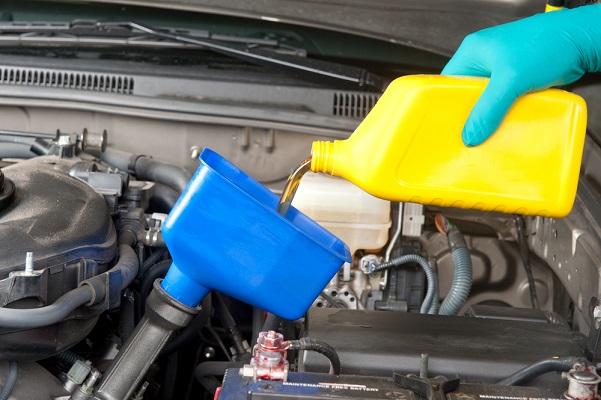
Regular oil changes should be made to vehicles running under extreme conditions
Manufacturers often recommend you to change oil every 5,000 km in extreme driving conditions. In particular, cars have to constinuously stop and start, carry heavy loads, run on complex terrain or under dusty road conditions.
2. Break in a new car
When customers first buy a car, how to break in it might be the concern of most of them. Thanks to advances in modern car technology, you do not have to break in a car. Most car manufacturers only recommend you to run at 80% of the car load and maximum speed for the first 1,000 km.
3. Clean the engine
You might take care of your beloved in wrong way by using high-pressure nozzles on every corner of the engine compartment when it get stuck with dirt. This is not only unprofitable but also possible to damage your car. When exposing to water, electronic technology is very likely to be damaged, affecting the control of engine and auxiliary equipment. Therefore, when the engine gets stuck, you should use a soft cloth rather than water to clean it gently.
In addition, washing car with conventional soap, dishwashing liquid or detergent is a bad habit for car maintenance. Abrasive soaps can break down the wax coat of your car. If you use detergents to wash your car, get rid of this habit by fluids that ensure the durability of the your paint.
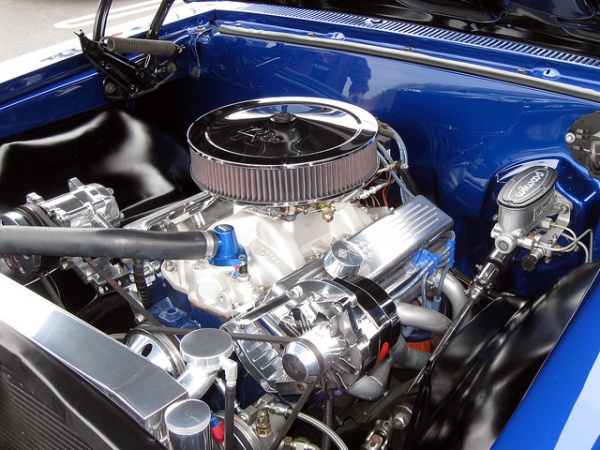
Cleaning the engine is not only unprofitable but also possible to damage your car
4. Inflate your tires to the pressure on the sidewall of the tire
The psi (pound per square inch) on the sidewall of your tires is the maximum pressure needed for your tire to carry its maximum load. It is not the ideal pressure recommended by manufacturers for your car to achieve its best braking balance, control, fuel economy and smooth ride. Therefore, you should not inflate your car to this psi level. Check your tire pressure monthly when the tire is cold or after parking for several hours and then fill it up at a reasonable pressure.
5. If your brake fluid is low, refilling can solve the problem
Low brake fluid is a sign of worn-out brake pads. In this case, it is no use filling your brake fluid. Instead, you should take your car to a maintenance garage immediately to ensure the braking system to operate smoothly. You should have a habit of checking your brake every 10,000 km.
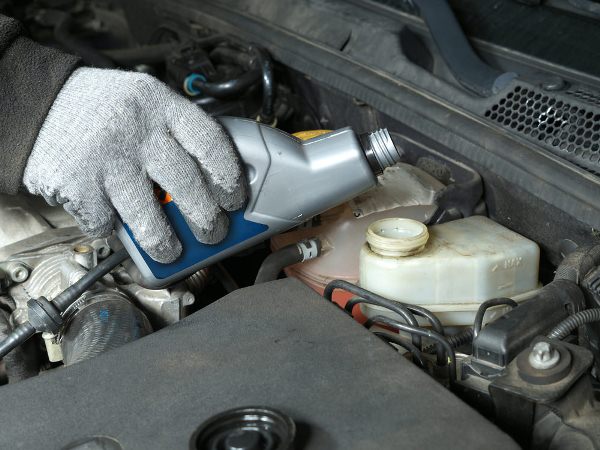
You should have a habit of checking your brake every 10,000 km
6. If premium gasoline is better than regular one
Most cars run well with regular gasoline (octane level: 87). Premium gasoline is neither harmful nor benefical to make the car run better. The high octane level simply means that gasoline is less likely to have a fire hazard. Therfore, premium gasoline is recommended for higher commpression engines It is important to consider what kind of gasoline that suits your car most avoid unnecessary waste.
7. Change the coolant when you change oil
It is unnecessary to change the coolant too often. You only need to change it every 5 years or 60.000 miles (96.560 km). If the coolant resevoir is usually low, there might be a leakage somewhere. Therefoe, you need to carry out a timely maintenance.
-

10 Basic Road Lines Meaning Philippines - Must-know to Drive Safely
-
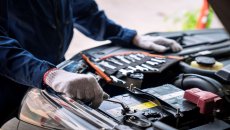
Car battery lifespan and tips to extend battery life
-
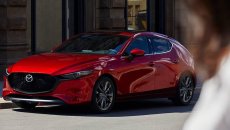
Best Hatchback Cars Philippines Suggestion For You
-

Things You Should Keep In Mind When Buying Used Car
-
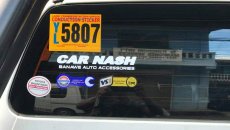
Car Conduction Sticker: Where & How Can You Get It In The Philippines?
-
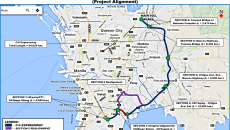
South East Metro Manila Expressway: Route Map & Latest Update
-
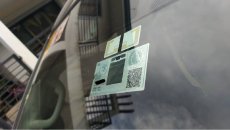
LTO RFID Sticker Penalty 2020: Every Driver Should Know
-

Ped Xing Meaning: What Does This Mysterious Sign Actually Mean?




